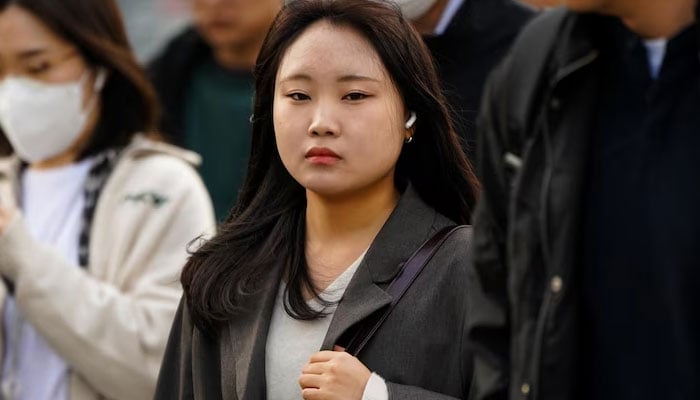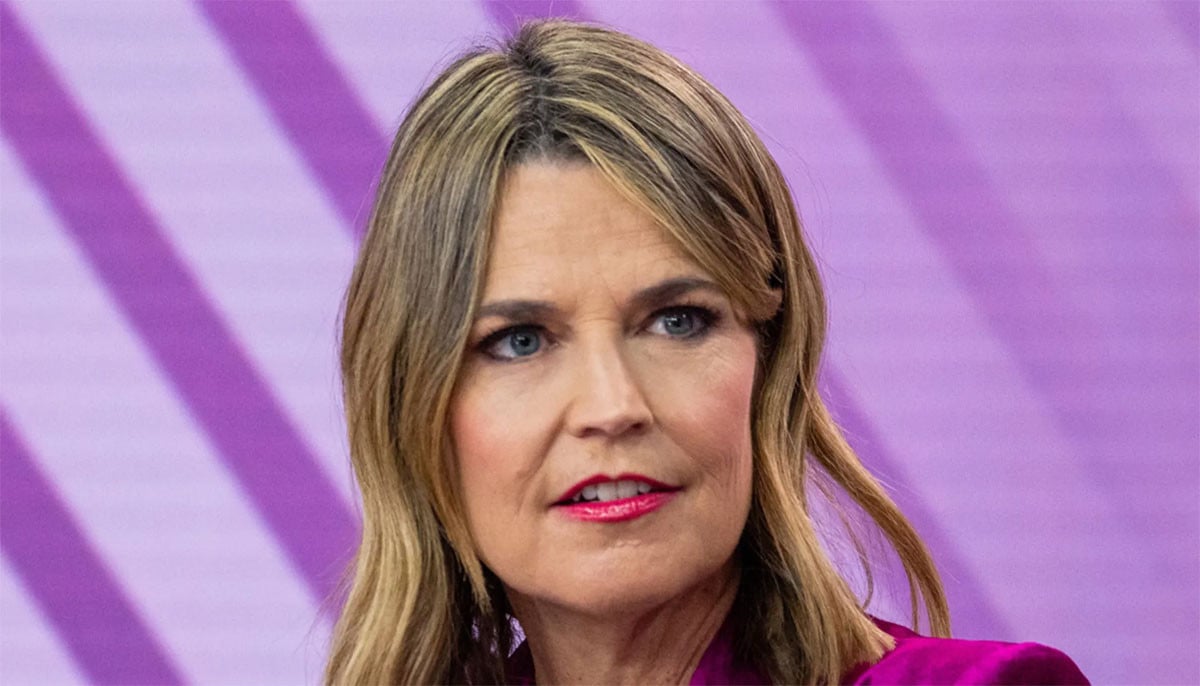Work-life balance struggle intensifies for women in South Korea
In culture that doesn't support women, many mothers struggle to balance work and family life, and younger women are becoming less interested in having children
South Korea is facing two major problems: an aging population and overworked employees. The government proposed extending the work week to provide more flexibility for families, but women are concerned that it would reinforce traditional gender roles.
In a culture that doesn't support them, many mothers struggle to balance work and family life, and younger women are becoming less interested in having children. The country's low fertility rate and high cost of living also contribute to this trend.
South Korea already has one of the longest working hours in the world, and its competitive work culture often leads to excessive overtime. This problem is so severe that they even have a term for death from overwork. The government's idea of a longer work week was met with backlash, especially from women's groups who argue that it would force women to give up their jobs and exacerbate the gender wage gap.
Women's career limitations are a significant issue in South Korea. Many women feel compelled to leave their jobs after having children due to societal expectations. The country has the highest gender wage gap in the OECD, and women's labour force participation rates are lower compared to men.
While the government has implemented some policies to address these concerns, such as increasing maternity leave, advocates believe that changes in policy alone are not enough. They argue that the culture needs to shift to create meaningful change for women in South Korea. The country has seen movements like Me Too and "escape the corset," which aimed to combat workplace sexual harassment and challenge traditional beauty standards.
However, there has also been a rise in anti-feminist sentiment, with some arguing that men are victims of reverse discrimination. In fact, the government even considered abolishing the Ministry of Gender Equality. Despite these challenges, women continue to face workplace discrimination and harassment.
Improving the workplace culture is crucial to addressing these issues and encouraging women to pursue both career and family goals. South Korean society still has deep-rooted sexism that needs to be confronted. It is essential to create a more supportive and inclusive environment for women in the workplace to ensure a more balanced and equitable society.
-
Lux Pascal gushes over role in Tom Ford's 'Cry to Heaven': 'I just wanted to be part of this picture'
-
Near-blind refugee found dead in Buffalo after release by US Border Patrol
-
Kenyan man accused of recruiting men to fight in Ukraine
-
More Americans say they sympathise with Palestinians than Israelis, poll finds
-
Retired US fighter pilot arrested over alleged training of Chinese military
-
US military accidentally shoots down border protection drone with high-energy laser near Mexico border
-
Savannah Guthrie all set to make 'bravest move of all'
-
Hillary Clinton's photo with Jeffrey Epstein, Jay-Z and Diddy fact-checked












